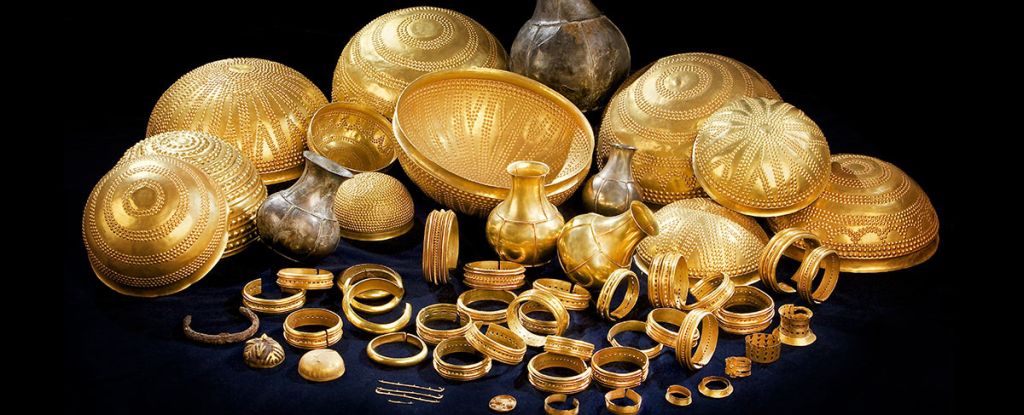ARTICLE AD
 (adventtr/E+/Getty Images)
(adventtr/E+/Getty Images)
Simulating miniaturized versions of human organs in the lab is an emerging tool in medical research, and researchers now have a new 'heart-on-a-chip' model to make use of.
The team behind the chip, from Cedars-Sinai Medical Center in Los Angeles, says that it will have an important role to play in testing the safety of cancer treatments, which have been shown to risk heart damage while fighting cancer cells.
Noteworthy upgrades over previous heart-chip models include the maturity of the cells that the team developed from human induced pluripotent stem cells (hiPSCs), and its ability to beat much like a human heart – at around 60 beats per minute.
 An image of the chip with week-old heart cells. (Mozneb et al., Lab on a Chip, 2024)
An image of the chip with week-old heart cells. (Mozneb et al., Lab on a Chip, 2024)"Ultimately, multi-lineage, hiPSC-based systems such as the heart-chip presented here may reduce reliance on animal models that are traditionally used for preclinical drug cardiotoxicity testing," the researchers write in their published paper.
Capable of transforming into any type of cell, hiPSCs were engineered to become heart cells and blood vessel cells before being put onto a flexible silicone material called polydimethylsiloxane or PDMS.
A crucial part of the heart chip design is its two parallel channels, which enable the heart cells (cardiomyocytes) and blood vessel cells (endothelial cells) to be kept separate as they are in a human body while still close enough to interact.
By simulating the flow of blood and the mechanical movements of the heart in response to certain drug treatments, scientists can predict potential toxicity problems that could cause arrhythmia or the death of muscle cells.
"The heart-chip platform we have developed enables the screening of potentially cardiotoxic chemotherapeutic agents on multiple cardiovascular cell types in a physiologically-relevant model," write the researchers.
The heart-chip remained functional for several weeks, offering the opportunity for longer-term investigations into how drugs and other environmental factors influence the heart.
As well as helping in the development of safer drugs, the heart-on-a-chip should also be able to teach scientists more about the intricacies of heart disease – how it starts and progresses, and how it might be treated.
In recent years we've seen a steady stream of improvements in the way these chips are developed and produced, providing super-precise simulations of how parts of the human body react on the smallest scales.
"These results suggest that heart-chips can be used for drug toxicity screening and may unveil potential cell-type specific toxicities in response to cardiotoxic compounds," write the researchers.
The research has been published in The Royal Society of Chemistry's Lab on a Chip.

 1 year ago
69
1 year ago
69 

